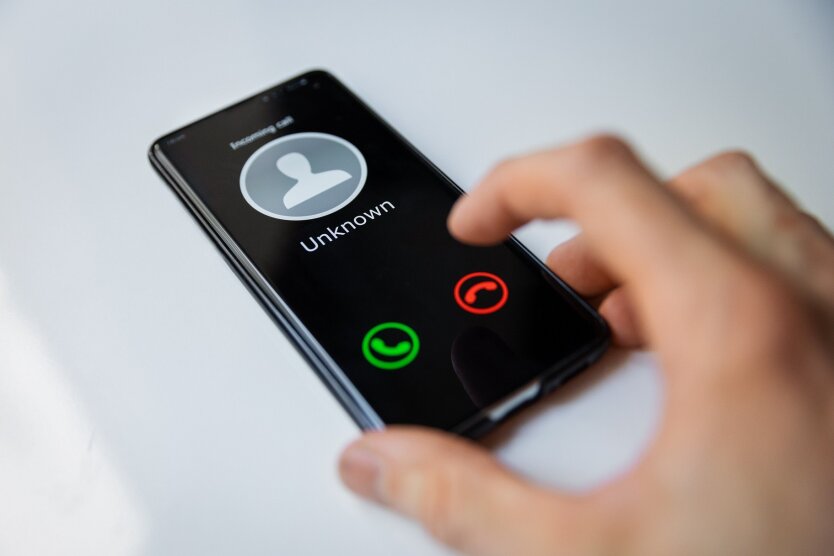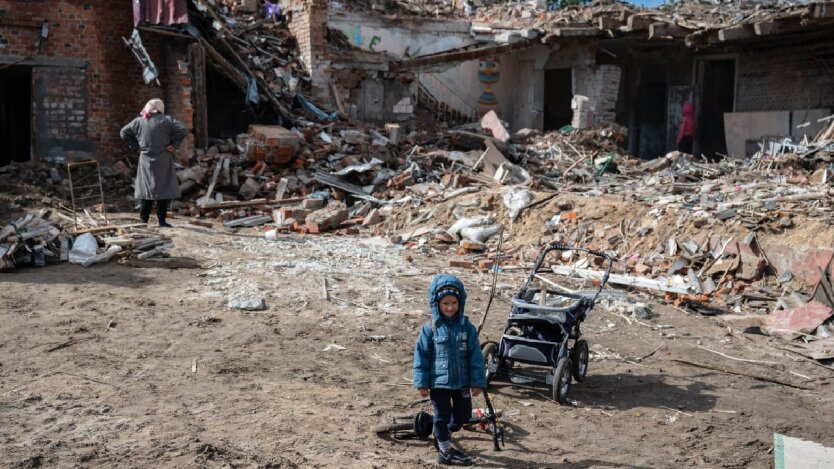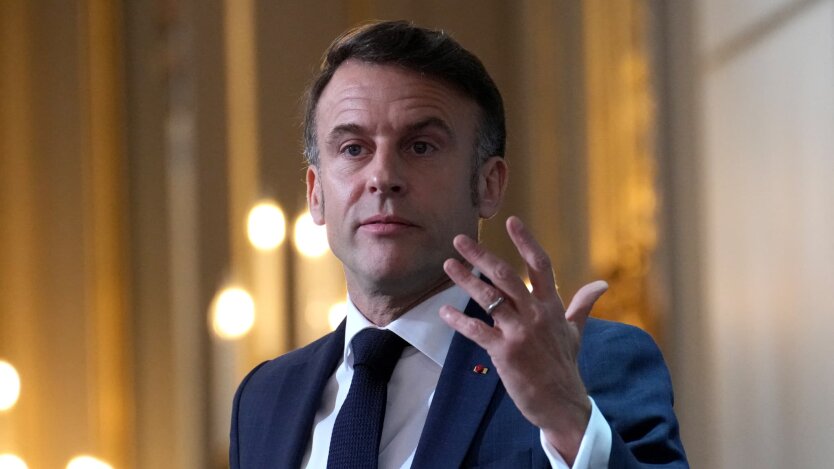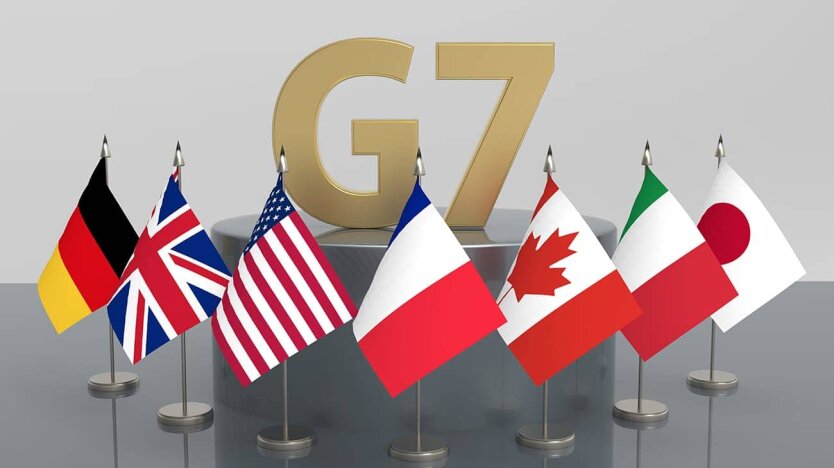Fraudsters are calling from these numbers: what you should categorically not talk about with them.


Ukraine has been engulfed by a wave of phone fraud. Fraudsters have invented new ways to deceive people in order to extort money or personal data from them. They often present themselves as employees of banks, law enforcement agencies, or housing offices and claim that fake problems have arisen with cards, debts, or accidents involving relatives.
Experts note that fraudsters attempt to use emotional manipulation to confuse the victim. If you have doubts about the caller, it is recommended to end the conversation and call the official representative of the organization that made the call. They also advise contacting relatives if their topic is being discussed.
Human rights defender Serhiy Kyrylenko emphasized that it is important not to succumb to the imposed conversation and not to respond according to the fraudsters' script. 'They have algorithms for every conversation', he noted.
The main rule is not to disclose personal data or family stories. It is advisable to distance yourself from the situation, end the conversation, and verify the information received.
It is difficult to identify fraudsters by phone number as they use programs to mask their numbers. Serhiy Kyrylenko warned that scammers call from various numbers, even from your cohabitant’s or relative's number.
However, calls from Kyiv numbers (+380(44)) to people who do not live in the capital, as well as calls from commercial numbers (+380(800), +380(700)) may be a sign of fraud, but not always.
Previously, Ukrainians were warned about a fake 'census', where individuals visit apartments disguised as police officers.
Read also
- The Rada introduced criminal liability for the deportation of children
- Danger on the Beaches: 12% of Swimming Areas in Ukraine are Contaminated with E. coli
- EU prepares significantly stronger sanctions against Russia - Macron
- Ukraine begins development of the national large language model of AI
- The G7 Countries Made a Statement Regarding the War in Ukraine
- This is just the beginning: drivers warned about a new rise in fuel prices










